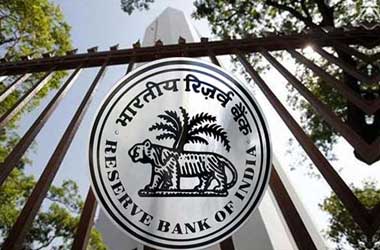 China’s yuan has been taking a hit in part due to the growing sense of optimism over the revival in U.S. economy, causing the Chinese government to issue fresh foreign exchange restrictions. The yuan has dropped against the dollar by over 6 percent in 2016 and over a three-year period the decline has been 13 percent.
China’s yuan has been taking a hit in part due to the growing sense of optimism over the revival in U.S. economy, causing the Chinese government to issue fresh foreign exchange restrictions. The yuan has dropped against the dollar by over 6 percent in 2016 and over a three-year period the decline has been 13 percent.
Under the new regulations, the $50,000 foreign exchange annual quota set by the government can be used only for personal use. This is an attempt to block the earlier practice where families or friend pooled their quotas together as needed for purchases.
The purchased foreign exchange cannot be used for investment purposes overseas such as buying properties, insurance products or securities. The quota is to be applied towards current account transactions alone such as buying goods or services.
Bloomberg
Every purchase request now requires an application to be filed which provides a reason for the purchase. In case of any deviation from the stated purpose, a separate application needs to be filed failing which the individual is liable to be put on a watch list. According to We Lei, China and Asia Economist at the Commonwealth Bank, this rule is aimed at barring people from converting their yuan savings to US dollars.
Those failing to abide by the new regulations could face the cancellation of their quota for up to three years, large fines, credit scores negatively impacted, and even criminal charges. Lei believes that although these penalties may be difficult to implement, they could discourage misuse to some extent.
The new regulations have also increased banks’ responsibilities. All banks are now required to report daily transactions valued above $10,000 either in cash or cross border transactions, transactions above CNY 200,000 in cross-currency transactions, domestic transactions valued at above CNY 500,000 and domestic transactions worth $100,000 and above.
The increased reporting is expected to allow regulators to better assess currency flows and improve monitoring of transactions, in order to deter the practice of borrowing quotas or remitting money illegally out of China.
According to Li, the restrictions could have a short term impact on capital flows. He estimates that almost $50 billion of China’s reserves could be saved this year, which equals 12 percent of the total capital outflows recorded in 2016. But on the whole, the restrictions aren’t expected to completely halt outflows. In a statement Li said,
China’s fight against capital outflows will not be easy. The impact is unlikely to last given the strong structural demand by Chinese people to diversify their assets




